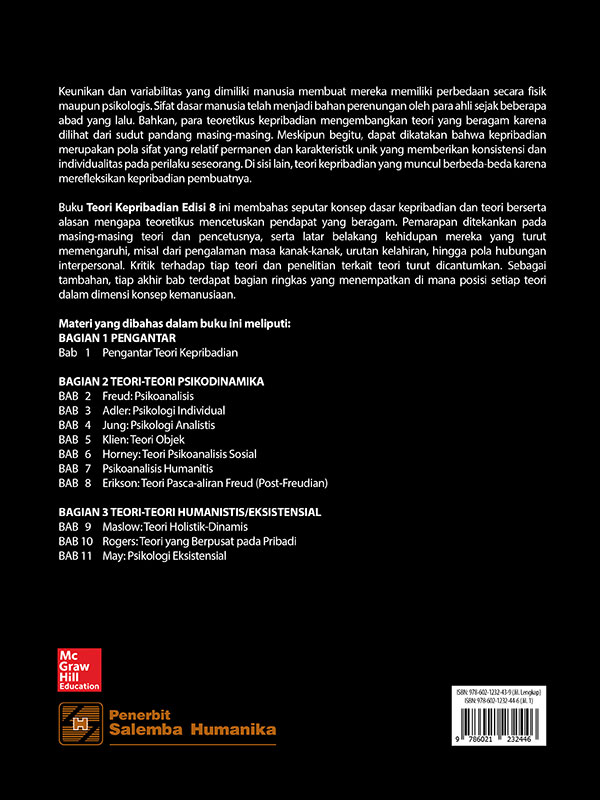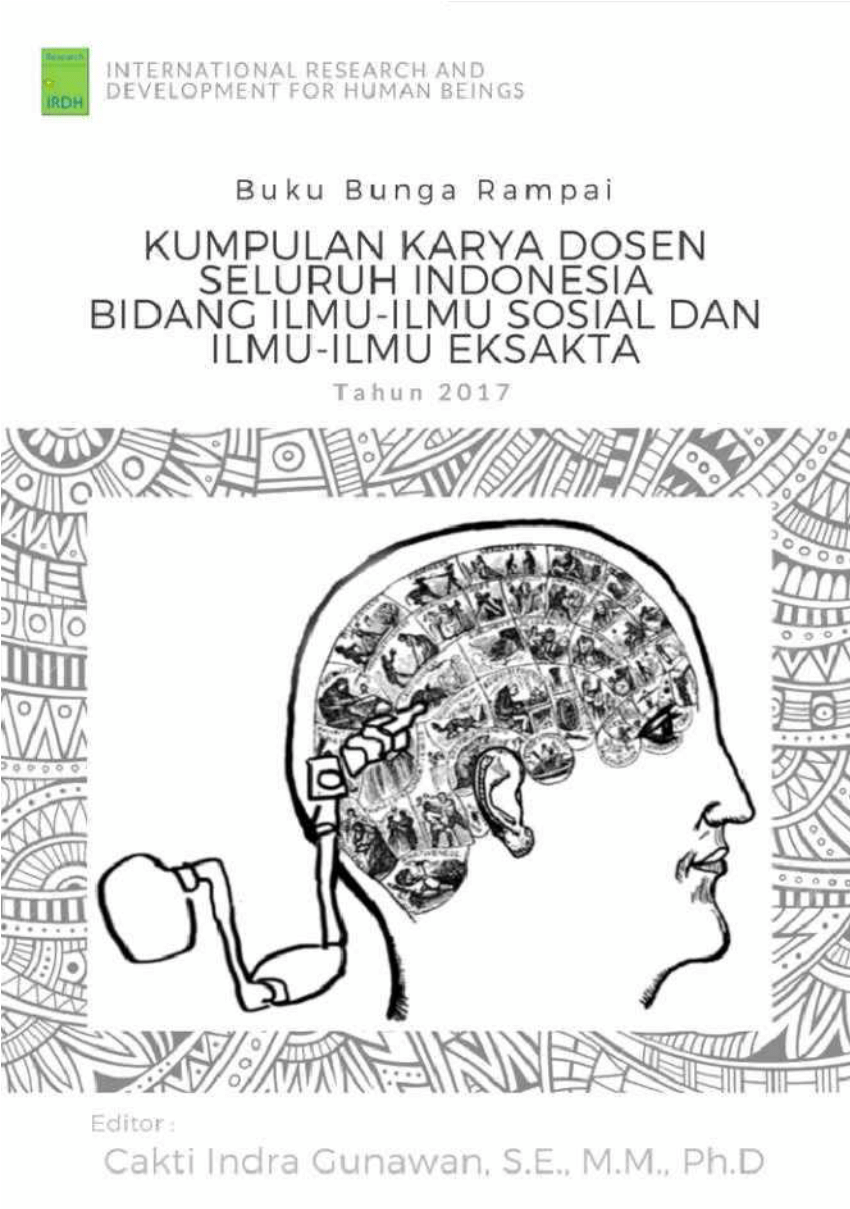

Fiqh, Kalam and tasawuf are valued as the core teachings of Islam, on the other hand, Islamic philosophy and science are excluded from Islam.

However, the fate of variety disciplines of the Islamic scientific is different. Dialogue between Islam and Arabic-text civilization produces fiqh and kalam, Dialogue of Islam with Hermes-Persian civilization produces tasawuf, dialogue of Islam with Greek-Philosophy civilization produces Islamic philosophy, as well as dialogue of Islam with WesternScientific civilization generates Islamic Science. Dialogue between Islam and civilization produces Islamic scientific disciplines. Historical Islam is Islam which has dialogue with the reality of historical human beings, namely civilization. Ideal Islam is the authentic Islamic, which is still in the bosom of God “Allah” and the prophet Muhammad. (1992).CAPTER 1 RELIGION & SCIENCE: INTEGRATION THROUGH ISLAMIC STUDIESĪnthropocentrism (Integration of Islam, Philosophy and Science) Aksin Wijaya1 Abstract: Ontologically, Islam can be seen from two sides: ideal Islam and Islamic historical Islam. Makes people happy, why are so many dropping out?. Personality and Social Psychology, 47 (4), 871–883.ĭiener, E., Suh, E.M., Lucas, R.E., & Smith, H.L. Temporal stability and cross-situationalĬonsistency of affective, behavioral, and cognitive responses.

Journal of Personality Assessment, 49 (1), 203-235.ĭiener, E., & Larsen, R. Journal of Perspectives on Psychological Science, 10 (2), 321- 345.ĭiener, E., Emmons, R.A., Larsen, R.J., & Griffin, S. The remarkable changes in the science of subjective wellbeing. Guidelines for National indicators of subjective wellbeing and ill-being. Of 137 personality traits and subjective well-being. Goldfarb Center Working Paper, 007-038.ĭeNeve, K., & Cooper, H. Religion and Subjective well-being AmongĬhina‟s Elderly Population.

Dimension measured for the variable of personality here are agreebleness, conscientiousness, and openess to experience, while for religiousity: private religious practice, religious/spiritual history, and organizational religiousness.īrown & Tierney. There is a significant influence that personality and religiousity could be a predictif factor to measure „a subjective well being‟ of woman with multiple role. Scale measurement is modified from the original scale constructed by Diener et.al (1985) for Subjective Well Being Scale, Watson et.al (1988) for Personality Scale and Lewis Goldberg (1992), Fetzer Institute (1999) for Religiousity for our own research. Two independent variables, namely personalitiy and religiousity, are used in order to determine which one of these two independent variables would be the best predictor for „subjective well being.‟ As a quantitative research, the multiple regression analysis is used to measure 200 respondents working at some companies located in North Jakarta and Central Jakarta. The aim of this study is to determine the predictor variable for subjective well being as dependent variable of woman with multiple roles.


 0 kommentar(er)
0 kommentar(er)
